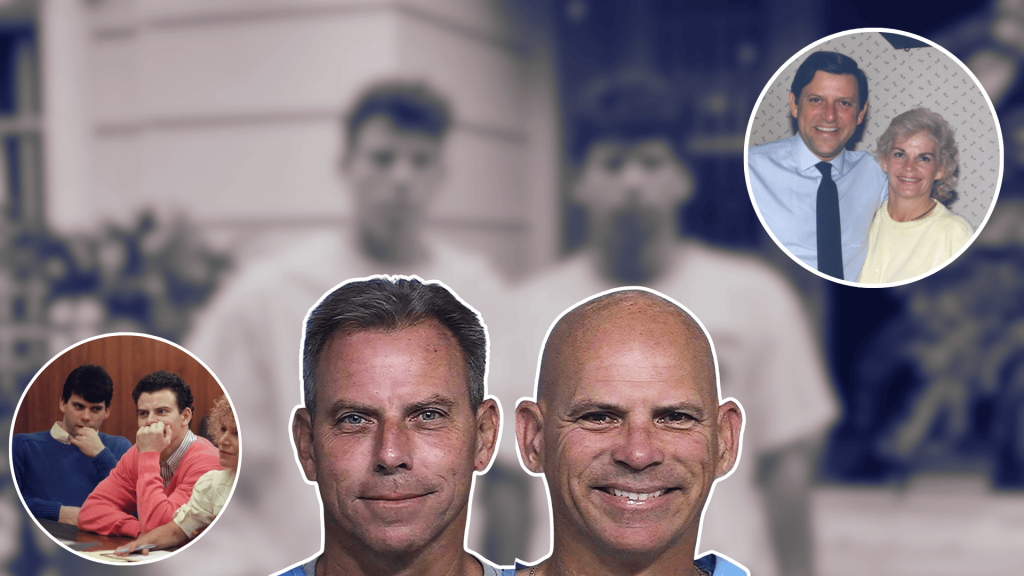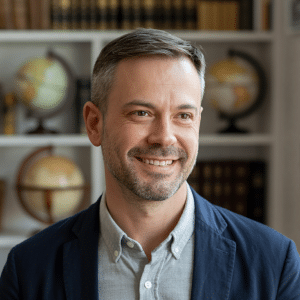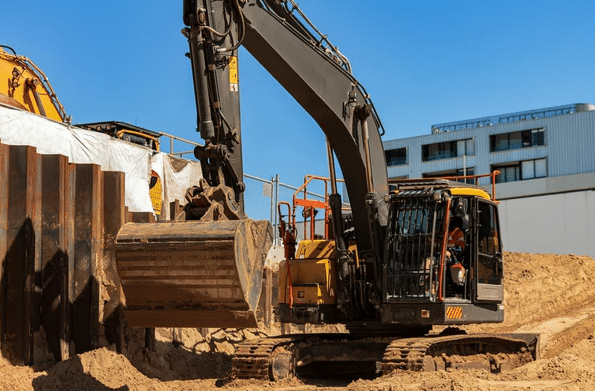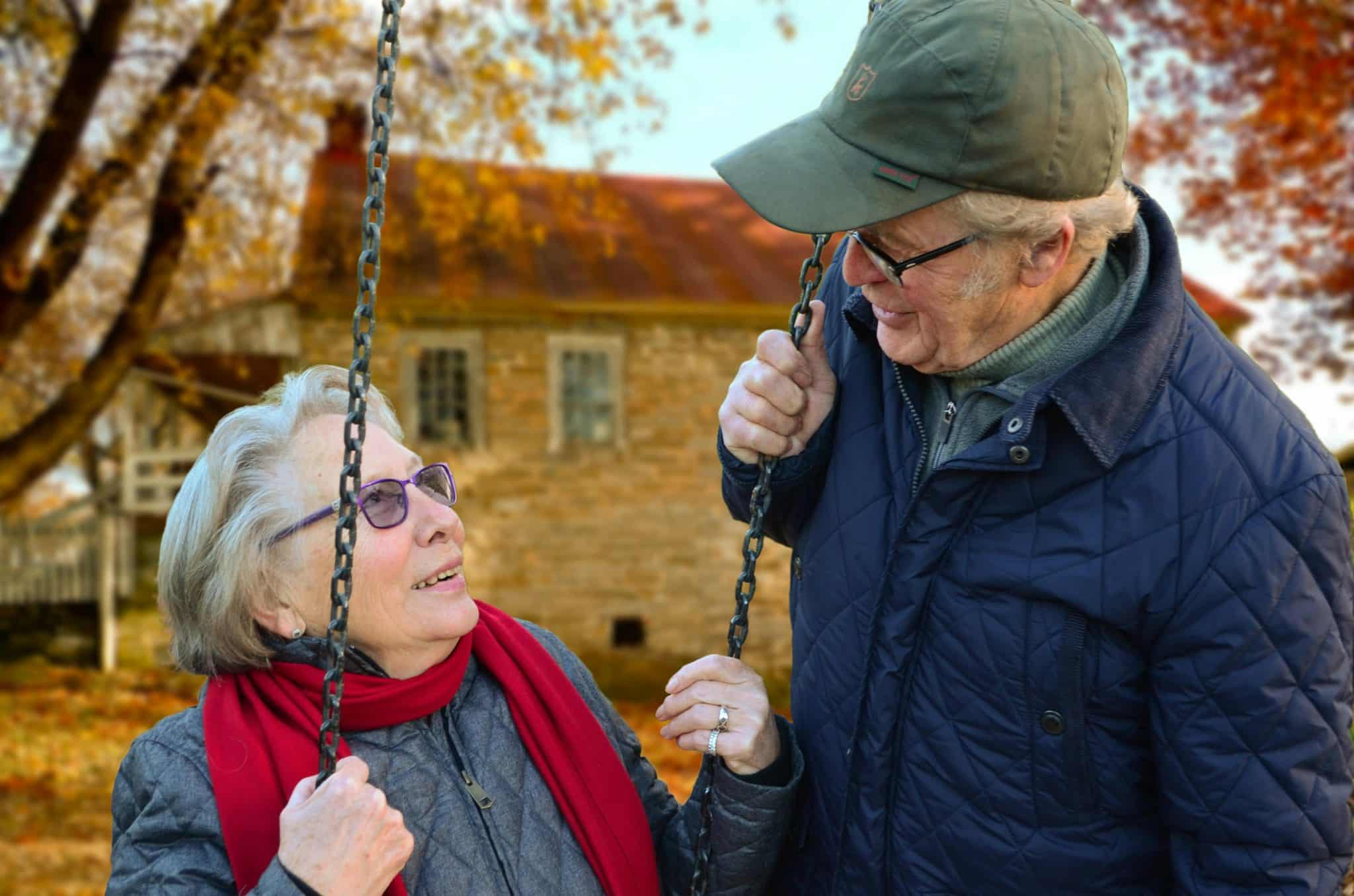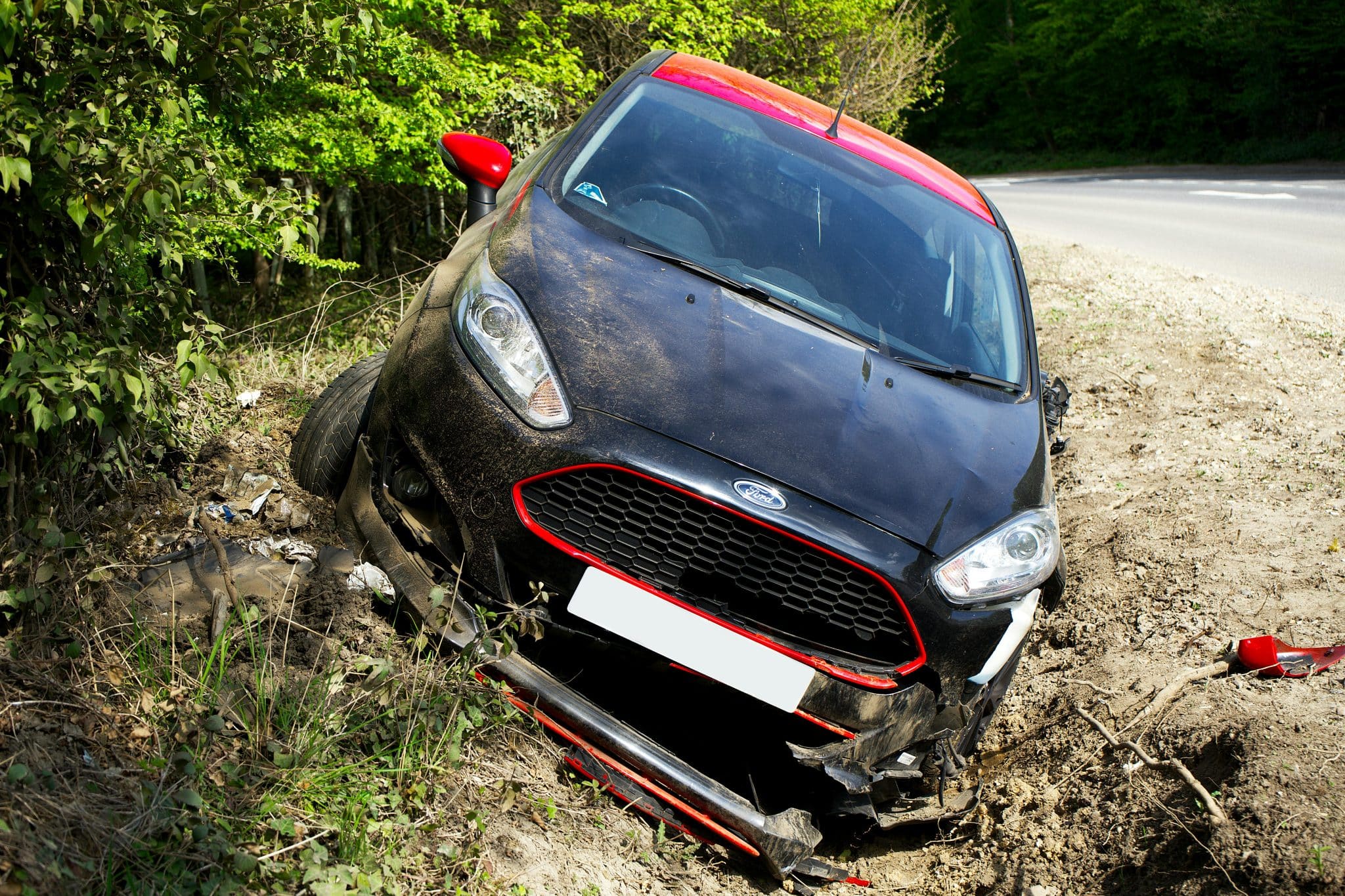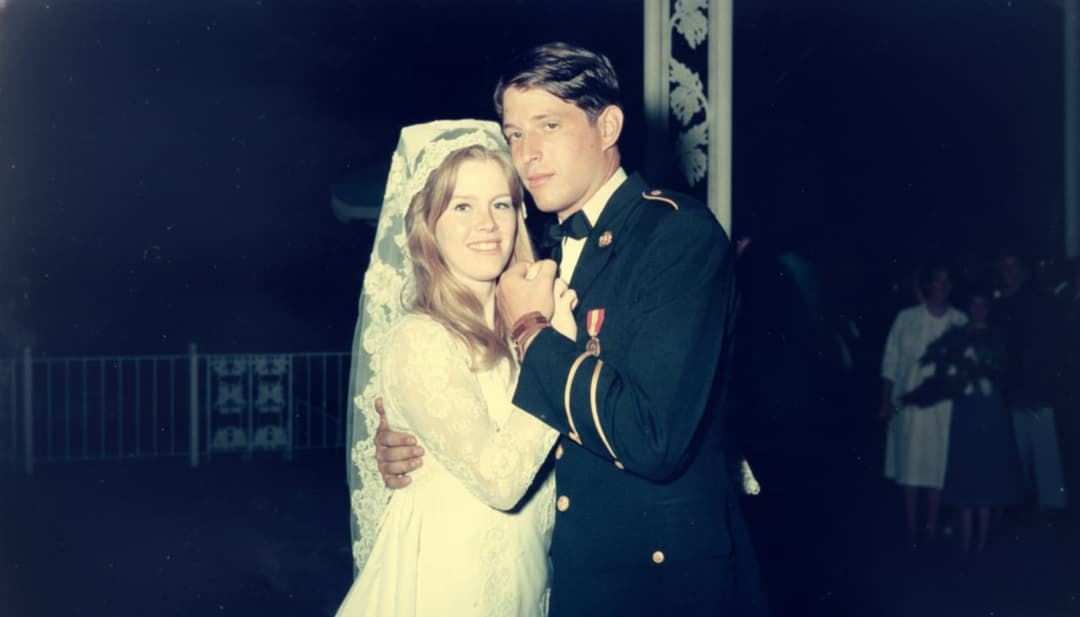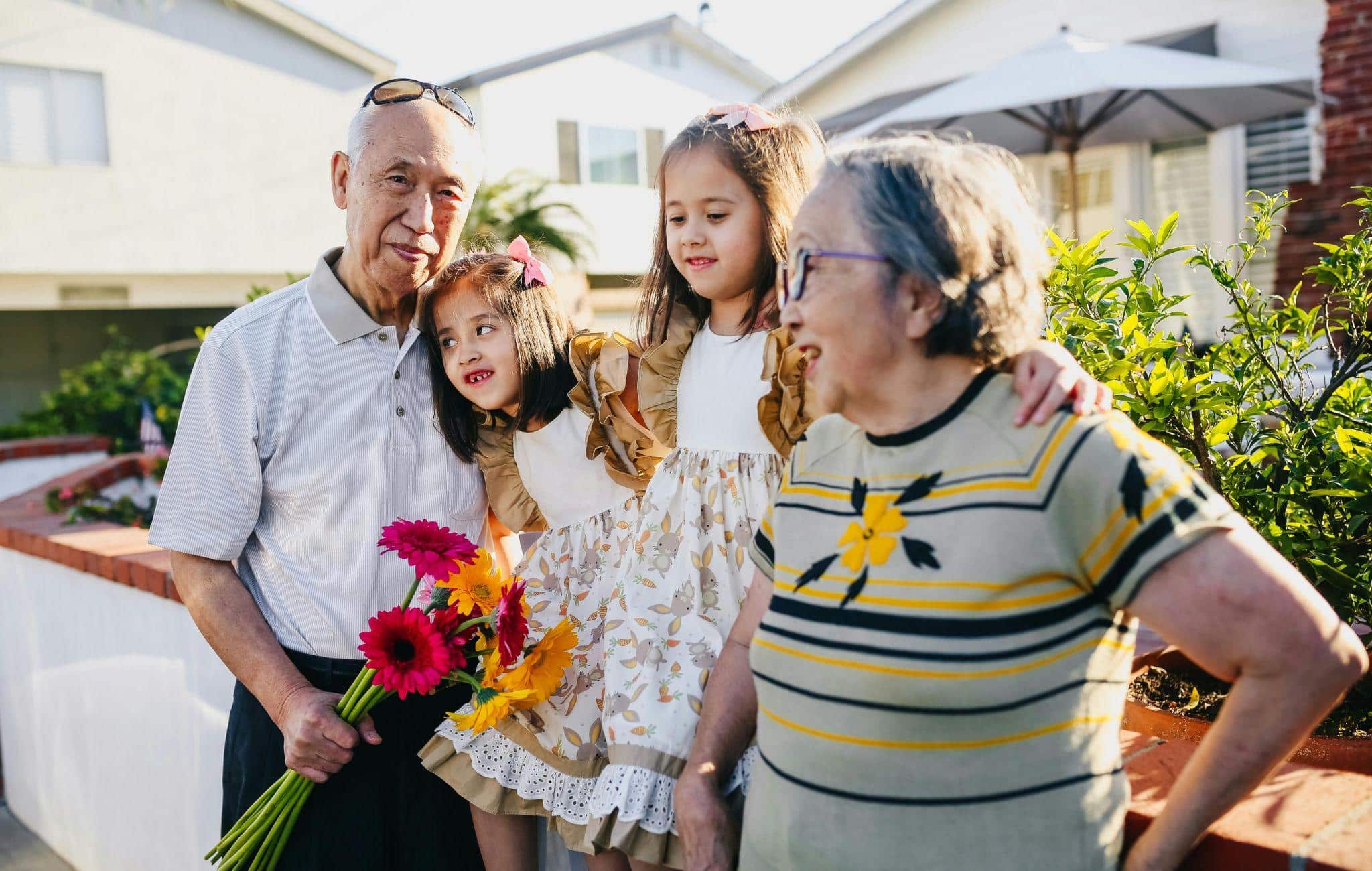After thirty-five years behind bars, Erik and Lyle Menendez came within hours of potential freedom in August, only to have their parole denied by California commissioners, citing prison rule violations.
The brothers who shocked America by killing their wealthy parents in Beverly Hills have become unlikely symbols of a shifting legal landscape.
What began as a case many dismissed as spoiled rich kids seeking inheritance has evolved into a complex examination of childhood trauma and male sexual abuse.
Their trials in the nineteen nineties occurred when society largely rejected the notion that boys could be victims of sexual abuse, especially accused murderers.
But new evidence, changing social attitudes, and questions about justice for young offenders have thrust their case back into the spotlight.
The question of whether the Menendez brothers are getting out of jail, which has obsessed true crime followers for decades, reached its most critical moment this year.
Why Did the Menendez Brothers Get Jail Time?
On August 20, 1989, Erik Menendez and Lyle Menendez fatally shot their parents, José and Mary Louise “Kitty” Menendez, at the family residence in Beverly Hills, California.
This case became one of the most high-profile murder trials of the 1990s.
Key aspects of the original case and legal proceedings:
- First Trial (1994): Separate juries for each defendant failed to reach unanimous verdicts, resulting in mistrials
- Defense Strategy: Legal counsel presented evidence of alleged sexual and physical abuse by their father
- Prosecution Argument: The state argued the motive was financial gain from their parents’ substantial estate
- Second Trial (1995-1996): The court limited abuse testimony and evidence presentation
- Final Convictions: In 1996, both brothers were convicted of first-degree murder and conspiracy to commit murder
- Sentencing: Life imprisonment without the possibility of parole for both defendants
Recent Legal Developments in the Menendez Brothers Case
In May 2023, the defense filed a habeas corpus petition citing two pieces of previously unavailable evidence.
The first was a letter Erik wrote to his cousin Andy Cano in December 1988, describing ongoing sexual abuse by his father.
The second involved allegations by Roy Rosselló, a former Menudo member, who claimed José Menendez sexually assaulted him in the 1980s.
These developments prompted renewed legal proceedings and public interest, including Netflix productions that brought additional attention to the case.
The resentencing represented the first significant legal victory for the Menendez brothers’ release efforts in decades.
On May 13, 2025, Judge Michael Jesic resentenced both brothers to 50 years to life in prison.
This made them immediately eligible for parole under California’s youthful offender law, which applies to defendants under age 26 at the time of their crimes.
Erik was 18 and Lyle was 21 when they committed the murders.
Parole Hearings: Will the Menendez Brothers Be Released?
Erik and Lyle Menendez faced their first-ever parole hearings on August 21-22, 2025, after spending over 35 years in prison for murdering their parents.
Both brothers were denied parole for three years due to prison rule violations, particularly illegal cell phone possession, despite strong family support for their release.
Erik Menendez’s Hearing
Erik Menendez faced the California Board of Parole Hearings on August 21, 2025, in a 10-hour video conference hearing.
He noted the significance of the date: “Today is the day that all of my victims learned my parents were dead. So today is the anniversary of their trauma.”
Erik testified about his upbringing, stating, “I was not raised with a moral foundation. I was raised to lie, to cheat, to steal.”
The board examined his eight prison violations over 30 years, including recent cell phone possession, gang association with the “Two Fivers,” and substance abuse issues.
Commissioner Robert Barton emphasized that Erik’s prison behavior, not the original crime, was the “primary reason for this denial.” He called Erik’s repeated cell phone use “selfish” and evidence that he believed “rules don’t apply to him.”
Erik explained: “What I got in terms of the phone and my connection with the outside world was far greater than the consequences of me getting caught.”
Despite support from 12 family members, including his dying aunt Teresita Baralt, the board concluded Erik poses “an unreasonable risk to public safety.” He received a three-year denial with eligibility for review in 2028.
Lyle Menendez’s Hearing
Lyle Menendez appeared before commissioners on August 22, 2025, during an 11-hour hearing disrupted when audio from Erik’s hearing leaked to the media. Family members withdrew their statements in protest of the security breach.
Commissioner Julie Garland noted Lyle had fewer violations but identified “antisocial personality traits like deception, minimization and rule breaking.” She stated his violations were more “deceitful” and intentional than he acknowledged.
Lyle defended his actions: “I would never call myself a model incarcerated person. I would say that I’m a good person who spent time helping people.”
He justified cell phone use as privacy protection from staff allegedly selling his communications to tabloids.
The board gave “great weight” to his youth at the time of the crimes, but emphasized “citizens are expected to follow rules whether or not there is some incentive to do so.”
Garland told him the denial was “not the end” and advised him to “practice what you preach.” Both brothers can request an administrative review within one year and potentially receive new hearings in 18 months.
Current Legal Status & Prison Life
The question of whether the Menendez brothers are getting out of jail remains complex, with several legal avenues still available following the parole denials.
The habeas corpus petition continues through the Los Angeles County Superior Court and could result in new trials or case dismissal.
Both inmates may request administrative review of their parole decisions within one year if procedural errors occurred.
California Governor Gavin Newsom retains authority to grant clemency, though a clemency application remains pending with no timeline for resolution.
Los Angeles County District Attorney Nathan Hochman opposes their release, arguing for insufficient accountability and rehabilitation.
Both brothers are housed at Richard J. Donovan Correctional Facility in San Diego, where they were reunited in 2018.
Erik has pursued rehabilitation programs, achieved sobriety in 2013, and engages in advocacy work despite health challenges from kidney surgeries. Lyle completed a sociology degree and a master’s in urban planning while serving as a mentor and conflict resolution resource for staff.
Both participate in programs for inmates with positive behavior records and have received commendation letters from guards, though their rule violations, particularly cell phone possession, undermined their cases for release.
What’s Next for the Menendez Brothers?
The timeline for when the Menendez brothers will be released involves multiple potential outcomes:
- Next Parole Hearings: Scheduled for 2028, though administrative reviews could advance hearings to 18 months if circumstances change
- Habeas Corpus Petition: Their most significant chance for earlier release through conviction reversal or new trials
- Governor’s Clemency Decision: Pending with Newsom’s office, though political considerations make approval unlikely
- Family Advocacy: Multiple relatives continue pushing for their release through public campaigns
- Legal Appeals: Brothers’ legal team pursues all available post-conviction relief options
- Future Factors: Developments depend on court rulings, potential new evidence, and changes in the legal or political climate
The Bottom Line
The August parole denials represent a significant setback for Erik and Lyle Menendez, but their legal fight is far from over.
With multiple appeals pending and growing public support, the brothers continue to seek freedom through courts rather than parole boards.
Their case remains a powerful lens through which to examine changing perspectives on childhood trauma, rehabilitation, and second chances within the American justice system.
The Menendez brothers have undeniably shaped discussions about male victimization and the long-term effects of childhood sexual abuse, regardless of how people view them as cold-blooded killers or abuse survivors seeking justice.
The ultimate resolution of their case will likely influence how future courts handle similar claims involving young offenders and family violence.
What are your thoughts on their parole denials? Should prison rule violations outweigh decades of rehabilitation work? Share your perspective in the comments below.

